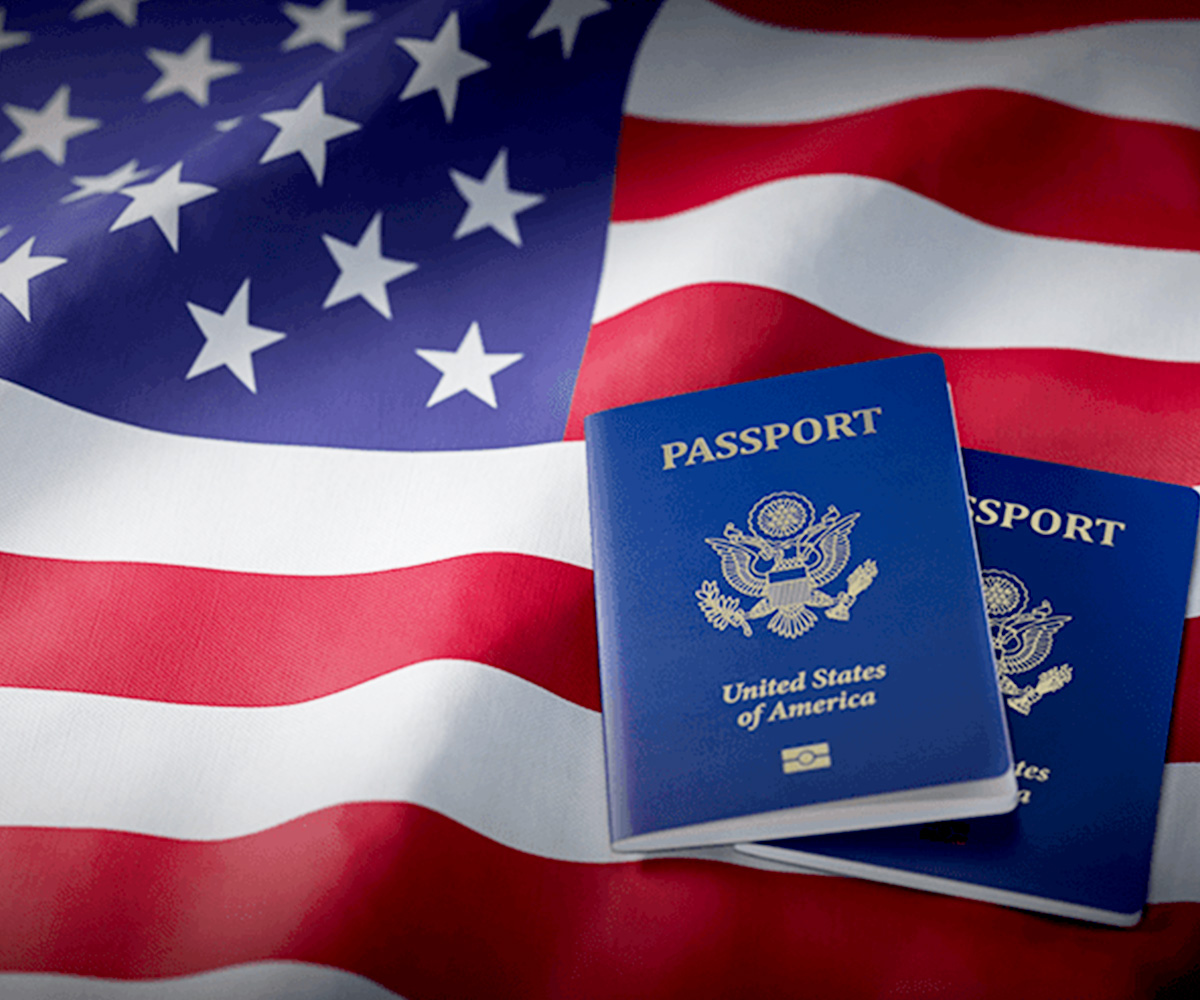
Are you interested in obtaining a U.S. immigration visa while residing in Saudi Arabia?
Immigration visas grant their holders the privilege of permanent residency in the United States. Unlike U.S. nonimmigrant visas, which require individuals to return to their home country upon visa expiration, immigrant visas have no expiration date. They provide the holder with the freedom to live, work, study, or engage in any lawful activity within the U.S.
Upon receiving a U.S. immigration visa, there is no need for renewal or extension. It remains valid indefinitely unless the visa holder engages in illegal activities within the U.S., which may lead to its revocation. It is important to note that possessing an immigrant visa does not bind you to remain within the U.S. You are free to travel in and out of the country at your discretion, without risking the visa's revocation, as long as you possess a valid Re-entry Permit.
Additionally, after residing in the U.S. for a specified period without any violations, you may also have the opportunity to apply for U.S. citizenship. If approved, you will become a U.S. citizen.
Types of U.S. Immigrant Visas:
Similar to nonimmigrant visas, U.S. immigrant visas come in various categories, depending on the pathway to permanent residency. There are two primary categories of immigrant visas:
- Immediate Relative and Family-Sponsored
- Employer-Sponsored
Immediate Relative and Family-Sponsored Visas:
Immediate Relative and Family Sponsored Visas are designed for individuals who are joining close family members living in the U.S. on a permanent basis. This category includes parents, fiances, and spouses.
List of Immediate Relative and Family Sponsored visas
IR-1, CR-1 Visa:(U.S. Spouse Visas)
These visas are intended for individuals legally married to U.S. citizens. Co-habitation alone does not suffice as marriage; documentation is required.
Conditional Resident (CR-1) Visa:
For recently married couples, conditional status is granted for the initial 2 years to prevent sham marriages for the sake of acquiring permanent U.S. residence.
Immediate Relative (IR-1) Visa:
After being married for 2 years, permanent status is conferred without the conditions associated with the CR-1 visa.
K-1 Visa:
Fiance Visa USA The K-1 visa is issued to individuals engaged to U.S. citizens, allowing them to enter the U.S. for 90 days. During this period, the couple is expected to marry, initiating the process for obtaining a spouse visa.
K-2 Visa:
Children of K-1 Visa Holders Unmarried children under the age of 21 of K-1 visa holders (the fiance(e) of the U.S. citizen) are eligible for the K-2 visa.
K-3 Visa:
Spouse of a Green Card Holder This visa is designed to minimize the time couples spend apart while waiting for the approval of their spouse visa petition. When a foreign citizen and a U.S. citizen are married, they can submit a petition for a spouse visa. During the petition processing, the spouse can apply for a K-3 visa, allowing them to reside in the U.S.
K-4 Visa:
Children of K-3 Visa Holders Unmarried children under 21 years of age, who are the offspring of K-3 visa holders (spouses of U.S. citizens), are eligible for the K-4 visa.
Merit-Based U.S. Immigration Visa:
The current U.S. administration has expressed opposition to the prevailing immigration laws and regulations. Merit-based immigration entails evaluating eligibility for a U.S. Green Card based on specific achievements and qualifications, rather than a random selection process. This assessment can include factors such as demographics, education, job prospects, and more.
